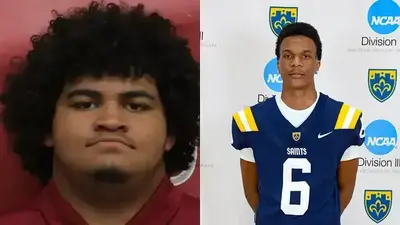City of Minneapolis issued the following announcement on Jan. 29.
The City Council passed a resolution today opposing the “public charge” immigration rule, which expands the criteria that the federal government can consider in denying immigration status to some people. Learn who is impacted by this rule and where to get more information and advice here and here. Minneapolis reaffirms its commitment to defend the rights and safety of our immigrant and refugee community.
The U.S. Supreme Court issued a decision Jan. 27 affecting the ability of some people to obtain permanent resident status. The Supreme Court’s decision lifted a nationwide injunction that had prevented the implementation of the “public charge” rule, and now the rule is set to take effect Feb. 24.
“Public charge” is a term used by the Department of Homeland Security to refer to a person considered primarily dependent on the U.S. government for support. The public charge rule issued in August 2019 by the Department of Homeland Security significantly expands the criteria that the government can consider in denying immigration status to some people.
The City of Minneapolis and the City’s Office of Immigrant and Refugee Affairs are committed to ensuring:
- Minneapolis residents do not withdraw from benefits they qualify for if they’re not affected by the rule.
- Residents have access to accurate information to make informed decisions.
People not affected by the public charge rule include:
U.S. citizens, permanent resident (green card) holders, asylees and refugees (and people applying for permanent residence based upon their asylee and refugee status), Deferred Action for Childhood Arrival (DACA) renewal applicants, Temporary Protected Status (TPS) beneficiaries, Special Immigrant Juveniles, Violence Against Women Act (VAWA) beneficiaries, and U and T visa applicants/holders.
Free resources
Anyone can use these free resources to find out if or how the public charge rule may affect them:
- Immigration legal service providers at the morning immigration breakout session and on hand all day at exhibitors tables at the Community Connections Conference Feb. 1.
- A free confidential hotline at 1-800-292-4150 offered by Mid Minnesota Legal Aid.
- Protecting Immigrant Families.
- The City of Minneapolis Office of Immigrant and Refugee Affairs.


 Alerts Sign-up
Alerts Sign-up